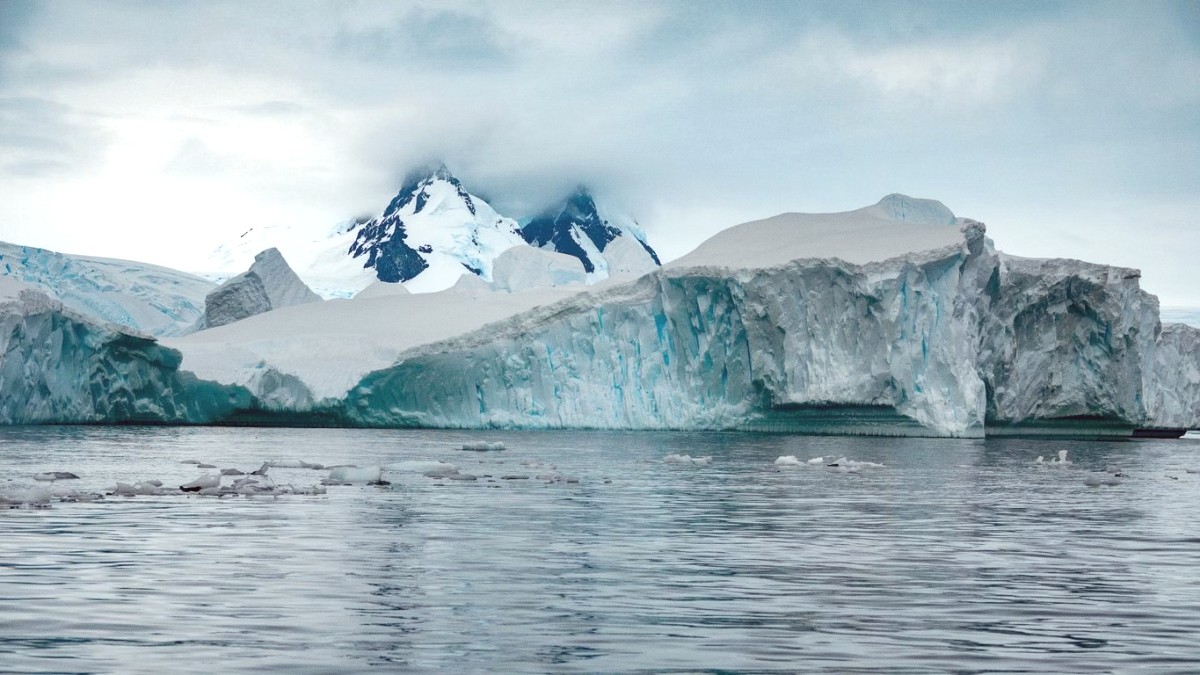
Expedition ships carry from 50 to 200 passengers. Smaller ships experience fewer restrictions ashore. Larger ships offer more onboard amenities.
Cabins range from basic options with portholes or windows to spacious suites with private balconies. Prices vary by type and location.
All ships offer dining rooms, lecture theaters, observation lounges, libraries, gyms, and gift shops. Higher-end ships include spas, saunas, hot tubs, or small swimming pools.
Cruise fares include all meals, daily lectures by expert staff, and zodiac excursions. Many operators include a waterproof expedition parka. Luxury cruises include drinks or gratuities.
No unique local accommodation types exist in Antarctica. All stays occur on the ship.
Vacation rentals or apartment options are not available in the Antarctic Peninsula. Visitors live entirely on board their ship.
Homestays or community-based tourism are not applicable in Antarctica. The continent is a protected scientific reserve with no local communities.
Camping offers an optional overnight experience from select expedition operators, for an additional fee. This sleeping in bivvy bags on the snow provides an unparalleled connection. Warm sleeping bags and all Camping gear come with the experience.
A traditional "neighborhood guide" does not apply to the Antarctic Peninsula. Your "neighborhood" is the ship itself, moving daily to various temporary landing sites. These sites remain uninhabited and serve as brief points of exploration.
The ship offers observation lounges for scenic views, dining rooms, lecture halls, and your cabin. Ambiance transitions from social during meals and lectures to quiet contemplation viewing wildlife.
Each landing site is an unique character. Some are vast, icy plains. Others, rocky coves bustling with penguin activity. Historical sites feature old huts. Volcanic islands have black sand beaches and geothermal activity.
Antarctic cruises sell out far in advance. Booking directly with reputable expedition cruise operators or through specialized polar travel agents is advisable. General booking platforms are not suitable.
Limited negotiation is possible for Antarctic cruises. Prices are generally fixed. "Walk-in" rates do not exist for these expeditions.
Occasionally, very last-minute deals might appear, but these are rare, highly sought after, and need extreme flexibility.
Peak season is the most expensive. Shoulder seasons are slightly less expensive, offering a small cost saving.
Recommendations focus on cruise operators and ship styles rather than specific properties, as all accommodation is ship-based.
Shorter itineraries (10-11 days), shared cabins (triple or quad occupancy), or older, more basic expedition ships. Operators like Oceanwide Expeditions sometimes offer more value-oriented options focusing heavily on expedition activities.
This is the most common category. Operators like Quark Expeditions, Hurtigruten, and Aurora Expeditions provide comfortable, modern ships with strong expedition programs, good amenities, and excellent staff.
For a premium experience, consider smaller, more luxurious ships that come with enhanced amenities, gourmet dining, personalized service, and additional activity options. Ponant, Silversea, or Lindblad Expeditions partner with National Geographic.
Long-term stays do not apply to Antarctica itself. Extended experiences come from multiple back-to-back cruises or combining Antarctica with other polar regions.
Many operators welcome families. Some offer specific family departures with educational programs tailored for children.
Look for ships with triple or quad cabins to accommodate families comfortably during their expedition.
Special programs exist to engage younger travelers and teach them about the Antarctic environment.
A family expedition to Antarctica creates lasting memories and unique learning opportunities for all ages.
Expedition cruises are excellent for solo travelers. The built-in camaraderie and social environment fosters connections.
Many ships offer single cabins or a cabin-share program. This helps solo travelers avoid paying a single supplement.
You may share a cabin with another solo traveler of the same gender through the program.
The communal nature of the expedition promotes easy interaction and new friendships.
The "accommodation" itself is the ship. Cultural and historical significance comes from the destinations visited, not the ship itself.
The ship carries you to sites like Port Lockroy or remnants of whaling stations. These locations hold the cultural and historical meaning, not the ship.
No unique local accommodation types exist in Antarctica. All stays take place on the ship.
Vacation rentals or apartment options are not available in the Antarctic Peninsula. Visitors reside entirely on board their ship.
Homestays or community-based tourism are not applicable. Antarctica is a protected scientific reserve, without local communities for such interactions.